welcome to the
cal bmes research database
featured research from cal bmes members. want to be featured? email calbmes.academic@gmail.com
grad students
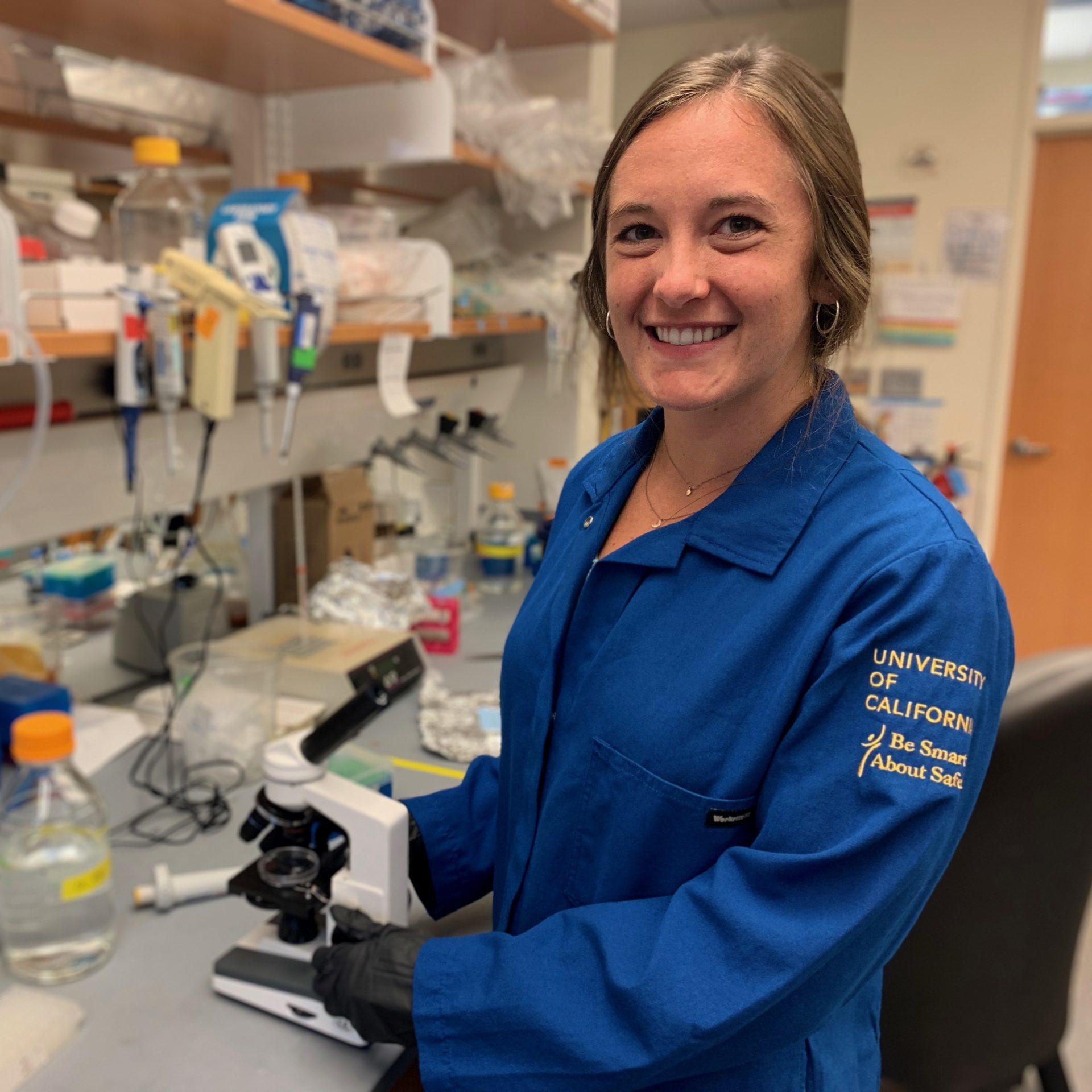
erin akins
bioengineering
Lab / PI: Sanjay Kumar
Developing in vitro models to dissect interactions between cells and their microenvironments, focusing primarily on diseases of the central nervous system.
Other lab positions: UCSF – Todd McDevitt, Martin Kampmann
How to get involved: Email PI or graduate students
Required skills/courses/experiences: Determination and a good attitude!
Undergrad open positions: Not currently, but in the future yes!
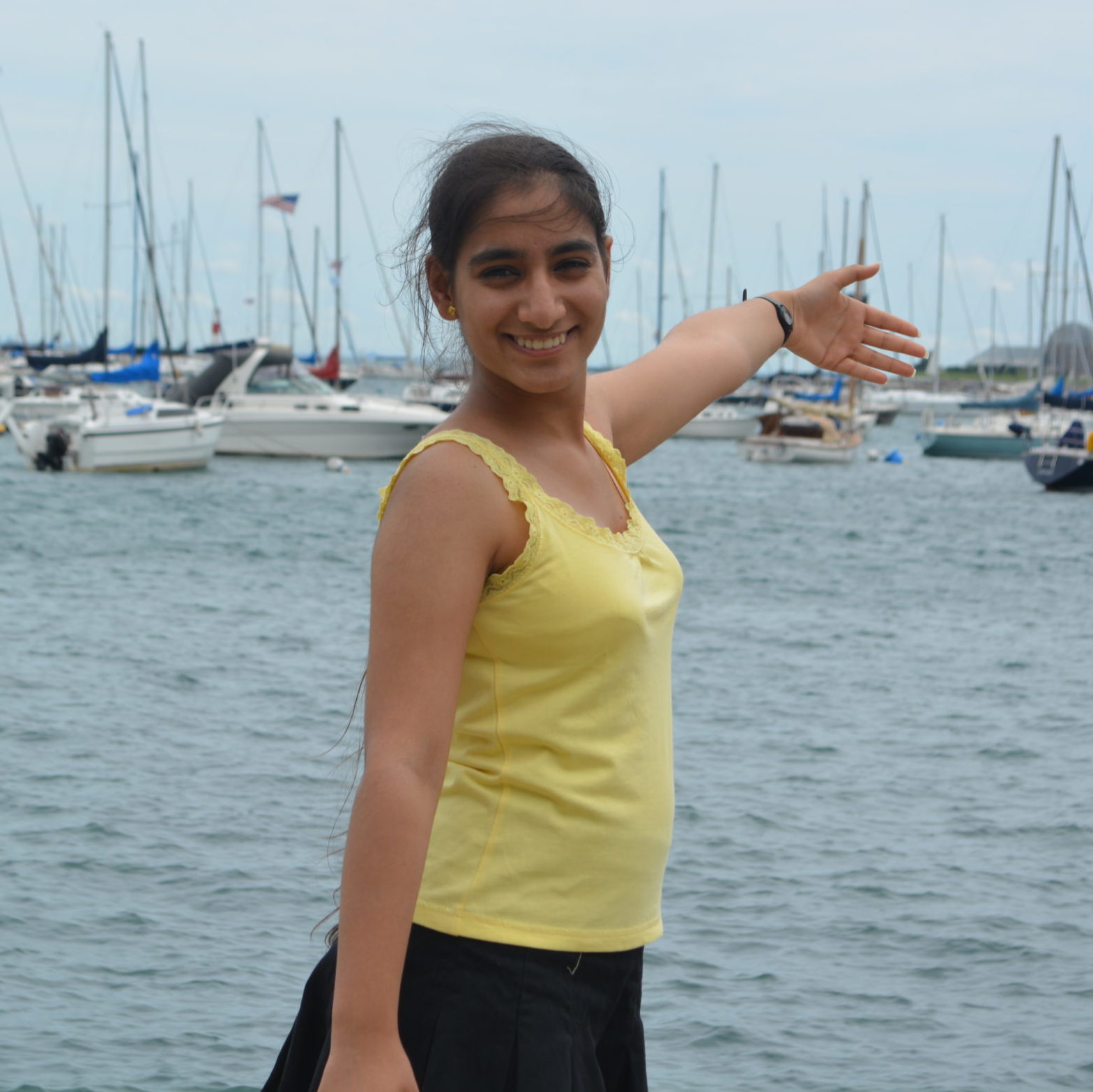
teena bajaj
comparative biochemistry
Lab / PI: Niren Murthy
murthylab.berkeley.edu/research
How to get involved: Contact professor
Required skills/courses/experiences: Previous lab experience
Undergrad open positions: Ask professor

shijie gu
neuroscience
Lab / PI: Loren Frank
My research/lab focus on how the hippocampus and other brain regions together supports memory and behavior. We record neuronal signal in freely behaving animals while capturing their behaviors. We use analytical methods in computer science, statistics, and maths to analyze the collected data and propose computational models to provide insights on how key computations the brain does. Specifically, I am hypothesizing specific roles hippocampal replay does in supporting generalization with concepts from topology.
Other lab positions: Joshua Berke (UCSF), Jonni Wallis (Berkeley), Mazen Kheribek (UCSF)
How to get involved: Email Loren, or contact students or post-docs! Talk to us!
Required skills/courses/experiences: Quantitative skills are going to be super helpful!
Undergrad open positions: Depends. Please reach out.
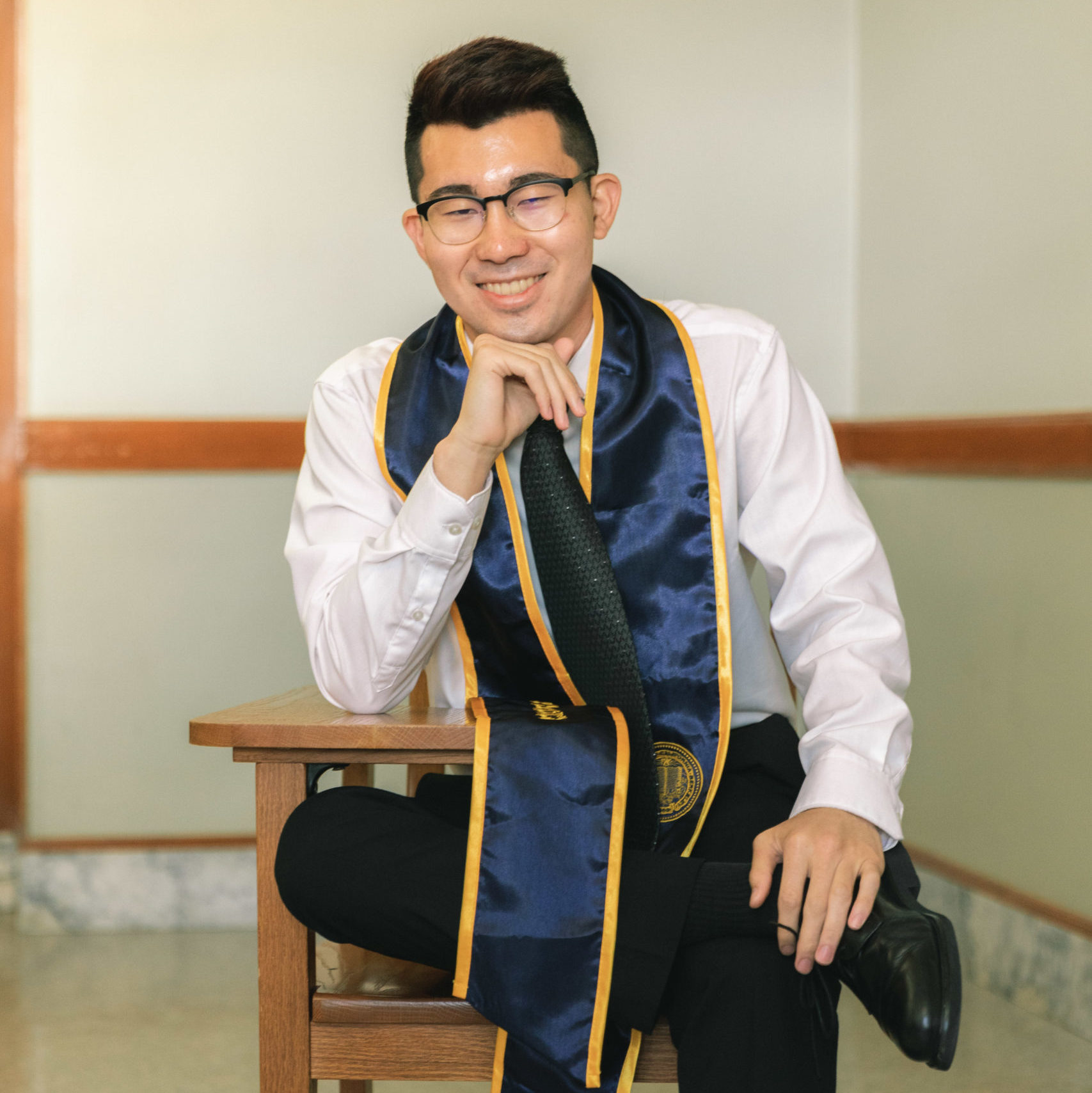
cameron kato
Bioengineering - cell & tissue
Lab / PI: Conboy
The Conboy Lab investigates the changes in the body that result from advanced age and potential therapeutics targeting age-associated illnesses. The ultimate goal is to improve the health-span of people and mitigate the expensive medical burden many elderly face.
How to get involved: Contact Michael Conboy (conboymj@berkeley.edu) or Cameron Kato (ckato@berkeley.edu)
Required skills/courses/experiences: No experience necessary, but a basic understanding of biology (BioE 11 or Bio 1A) is helpful. Knowing theory of western blot, PCR, and immunofluorescence is also helpful.
Undergrad open positions: Once everyone returns to campus there will likely be many open positions. Summer 2021 ideally.
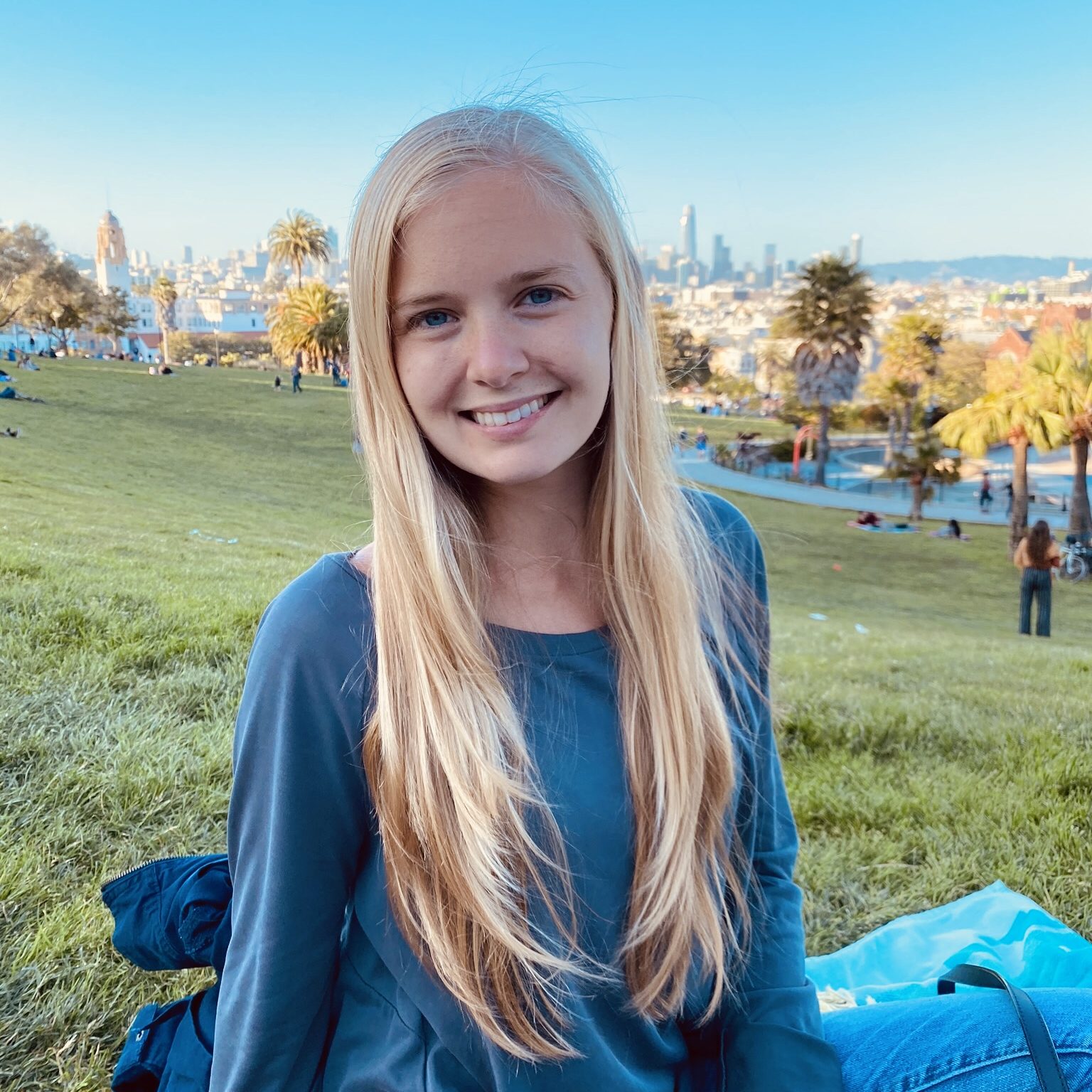
olivia teter
Bioengineering
Lab / PI: Martin Kampmann
The Kampmann lab uses CRISPRi/CRISPRa for functional genomics to illuminate biological pathways implicated in neurodegenerative diseases and neurodevelopmental disorders. With iPSC-derived neurons, microglia, and astrocytes, we aim to uncover cell-specific phenotypes and cell interactions that contribute to pathology. My specific research project aims to co-culture excitatory and inhibitory neurons with microglia to characterize aberrant synapse pruning related to Autism Spectrum Disorder.
Other lab positions: Sanjay Kumar, Seth Shipman
How to get involved: Feel free to email Martin or any graduate student!
Required skills/courses/experiences: The lab emphasizes training as an important feature of working in a lab. While relevant experience (stem cell culture, understanding of CRISPR, molecular biology skills) is valued, we also highly value enthusiasm and demonstrated ability to learn!
Undergrad open positions: With COVID restrictions, open positions are not currently available. It may be possible to establish a computational project.
undergrad students
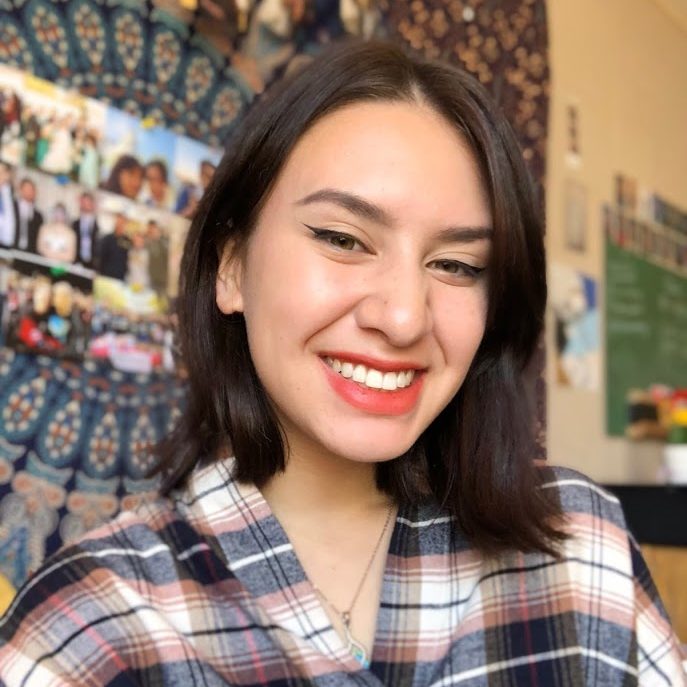
romy mastel
mechanical engineering
Graduation year: 2022
Lab / PI: Streets Lab / Aaron Streets
single cell genomics, lab-on-a-chip, microscopy
How to get involved: contact Aaron astreets@berkeley.edu
Required skills/courses/experiences: no required skills, but a good understanding of genomics and cell biology would be helpful. The biggest thing the Streets lab looks for is motivation & interest!
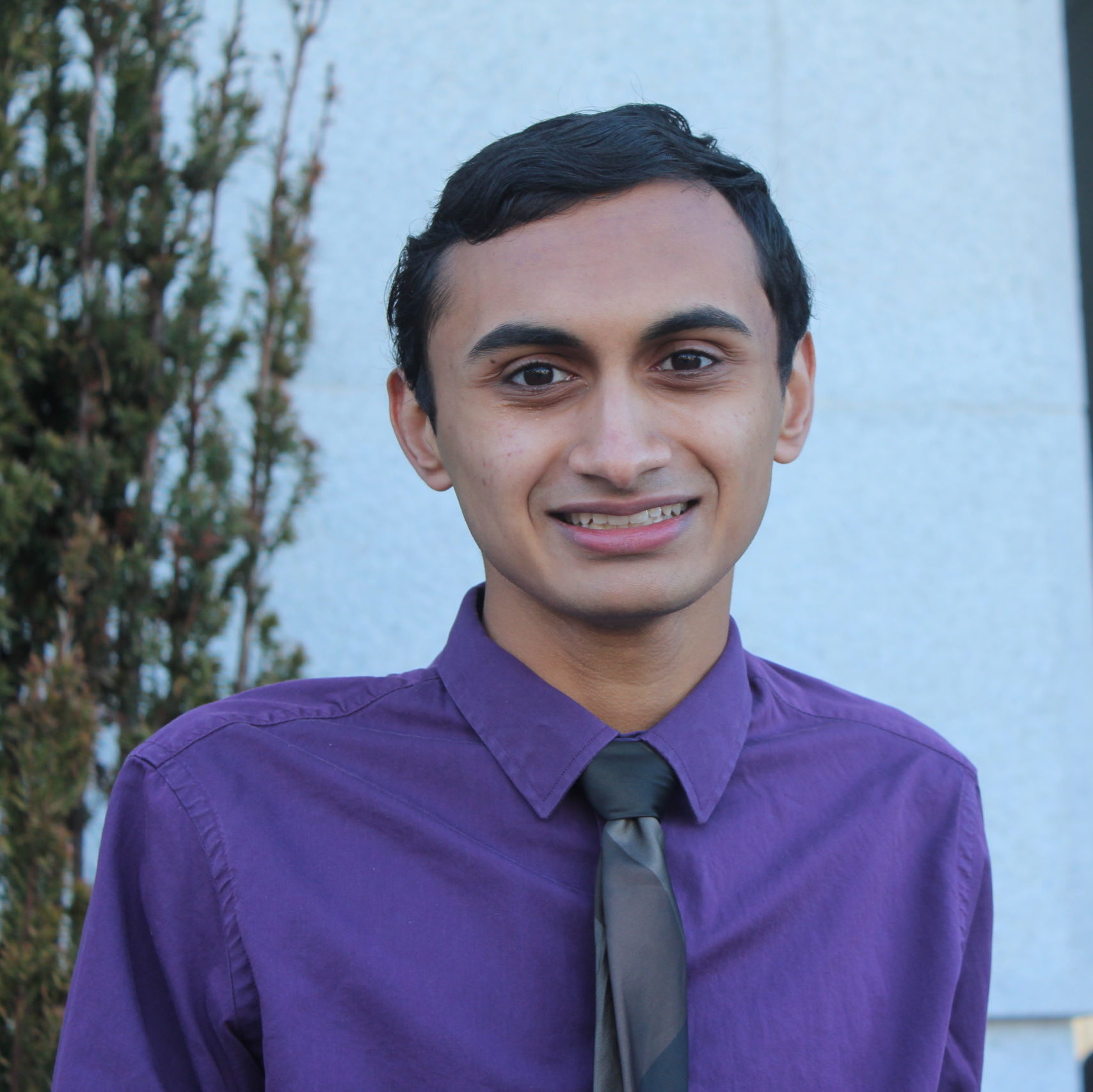
arnav raha
bioengineering, computational neuroscience
Graduation year: 2021
Lab / PI: Michael Yartsev
The Yartsev Lab researches the neurological basis for various behaviors in fruit bats. Fruit bats are an incredible model to study a whole host of areas including navigation, vocal learning, and social interactions. My specific projects have involved using computational methods to explore how the frontal cortices of the bats react to various social situations.
Other lab positions: Robert Full
How to get involved: Undergraduate students are welcome to apply and should also consider applying for a summer fellowship to work in the lab after their sophomore or junior years. Relevant fellowships include the SURF program, Haas Scholars and the Amgen program, among others. But also feel free to reach out to me (arnav.raha@berkeley.edu) and I can try to connect you!
Required skills/courses/experiences: None strictly needed, but depending on what specific areas in the lab you want to work in a strong foundation in linear algebra/data science, electrical engineering, or neurophysiology would be beneficial.
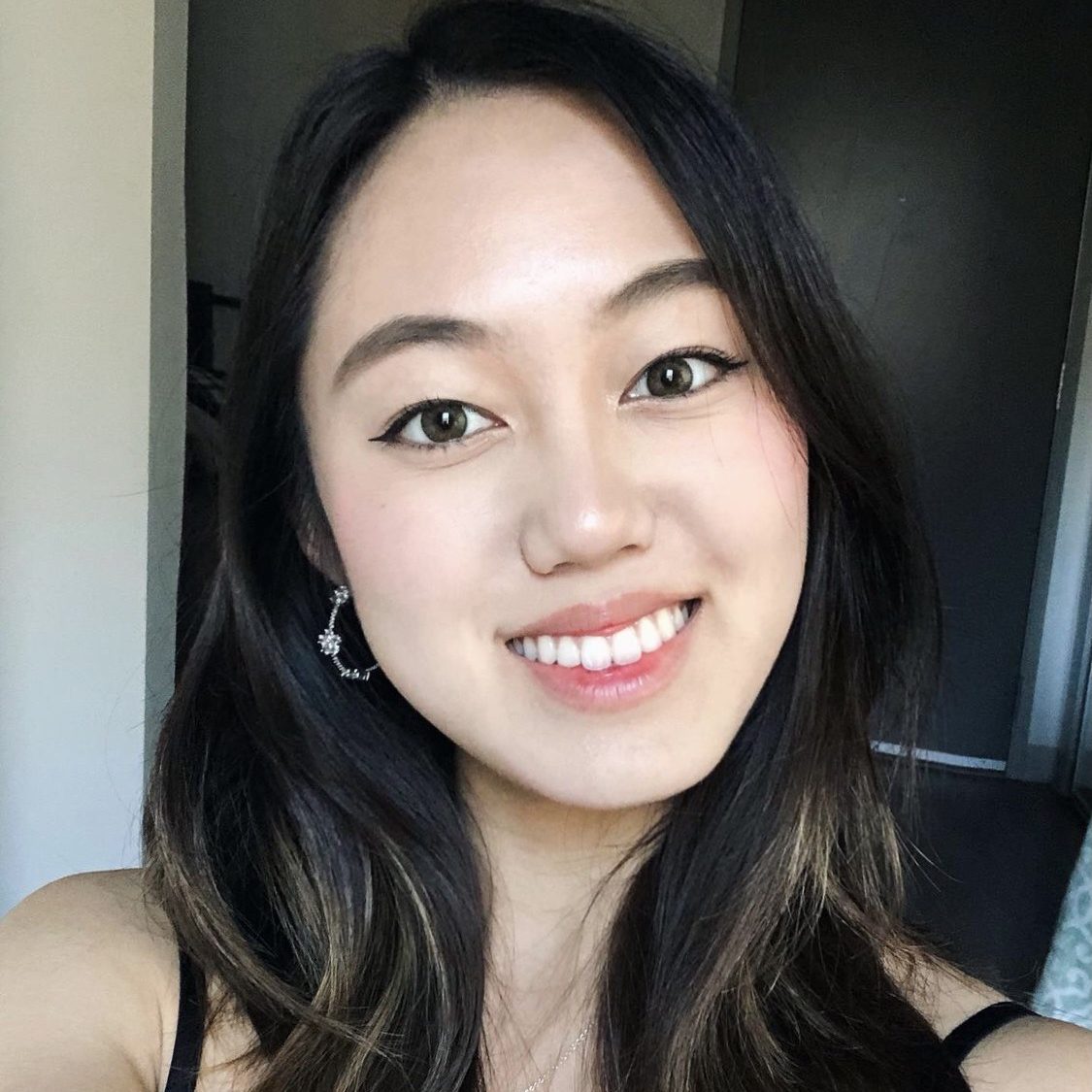
tiffany wu
Bioengineering -cell & tissue
Graduation year: 2022
Lab / PI: Berkeley Biomechanics Laboratory / Grace O’Connell
In O’Connell Lab, our primary focus is on soft tissue biomechanics and tissue engineering. We use both computational and experimental approaches to understand the structure-function relationship of soft tissues, currently including various intervertebral disc tissues and articular cartilage. My research specifically focuses on how growth factor priming of chondrocytes during expansion culture inhibits pro-inflammatory cytokine signaling.
Other lab positions: Mimi A.R. Koehl (UC Berkeley)
How to get involved: Reach out to the graduate students or Prof. O’Connell
Required skills/courses/experiences: No experience necessary, but a basic understanding of biology is helpful.

